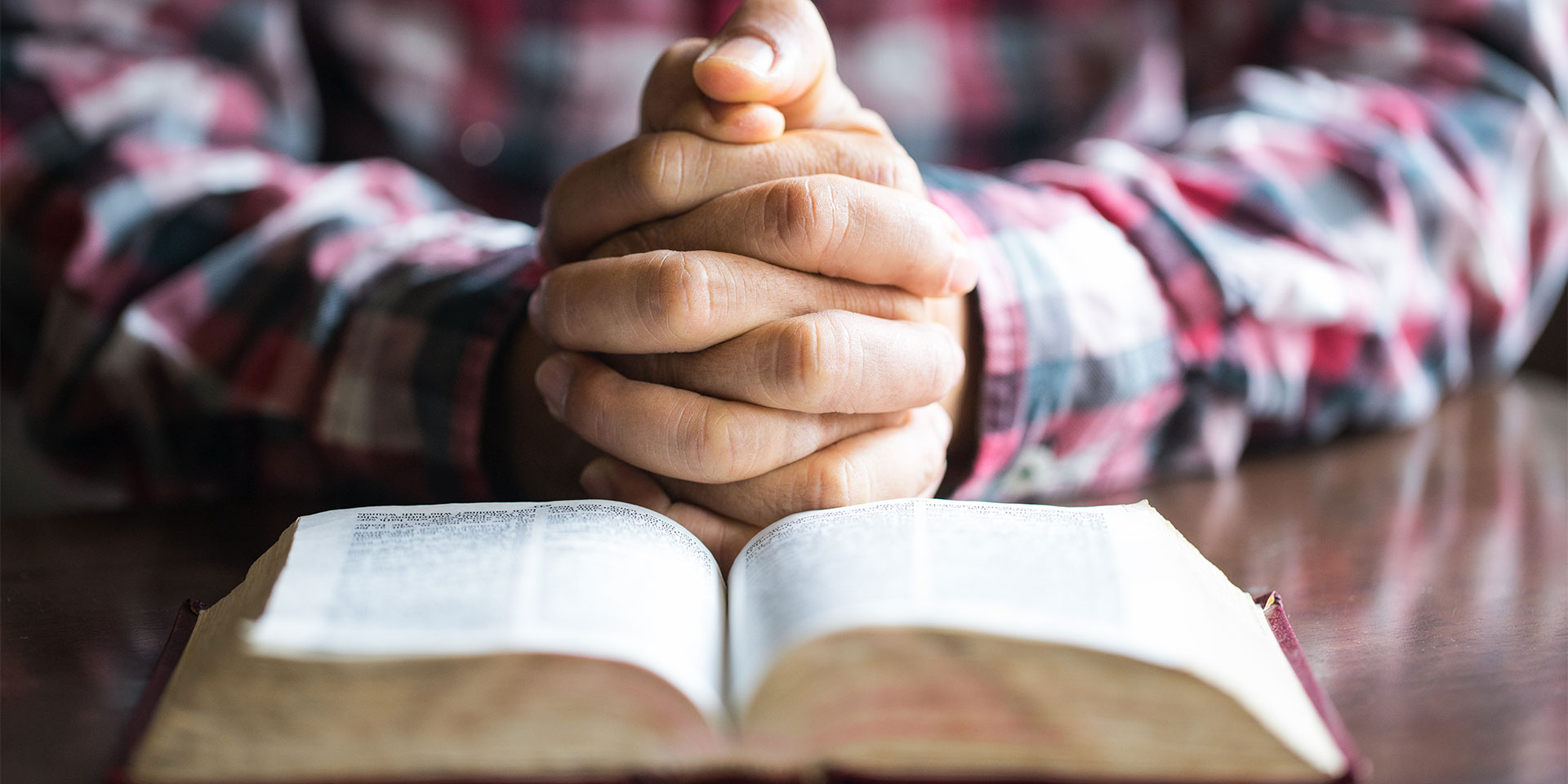On a number of occasions during his writing life, Nobel Prize winner and author Elie Wiesel tried to re-tell the story of a profound experience he’d had as a young boy in the Nazi death camp at Auschwitz. He wrote a play, a novel, and even a cantata to try to re-create his memory of this event, each of which remained unpublished. Finally, he wrote another play, set in another time and location, to try to capture the spirit of the event, which was published in 1979 as The Trial of God. But his re-imagining of the story remains less compelling than even a brief re-telling of the experience itself.
Amid the terrors of the camp, a scholar of Judaism befriended 15-year-old Wiesel and invited him to study together whenever they had opportunity, as “their act of religious defiance”. One evening, the scholar took Wiesel back to his barracks, where they met with two other highly accomplished Jewish legal scholars. Together, these three scholars had decided to put God on trial for the suffering and horror they were witnessing around them, for “allowing His children to be massacred”.
With Wiesel as the only audience, the three scholars argued the case against God over a number of evenings. With all the available evidence compiled, all the arguments made, the scholars arrived at a unanimous verdict: “The Lord God Almighty, Creator of Heaven and Earth, was found guilty of crimes against creation and humankind.”
Having reached their solemn conclusion, the participants in the makeshift courtroom fell silent. The silence was only interrupted when one of them noted that it was time for evening prayers—and then together they recited the traditional evening service.
Their faith demanded a verdict against God, which gave way to silence… and then to worship. This story is equally awe-inspiring, troubling and challenging. And it encapsulates the central tension of faith.
At least to some degree, faith offers an explanation of “life, the universe and everything” as author Douglas Adams put it. It provides a rationale for how things are, an overview of what matters most, perhaps glimpses of the Power at work behind our physical world and everyday lives, and an expectation of how things ought to be. Faith then sketches out some principles for how to live well within these realities, as well as prompting us to look for, to hope for and even to work for something more.
But then life happens—in all its tragedy, beauty and ordinariness—and the explanations, rationales and expectations of faith seem to fall short at exactly the moment when we most need faith. Our faith is disappointed, our God is guilty or absent at best, the universe seems not as good as we had hoped and our best “living well” seems to count for little. And when our best believing feels like it has turned to dust, we most need faith.
In that “eternity of silence”—as Wiesel would later describe it—between the damning verdict on the failures and disappointments of faith and the time for evening prayers, we choose faith or not. Some would seek to diminish this silence with arguments about our incomplete knowledge and inadequate understanding—but these are the problems, not the answers. That we work with human limitations of perspective and insight is reason for both our need for faith and why our faith is so fraught.
When it seems as though God is guilty of tragic and criminal neglect, we need evening prayers more than ever. When our best efforts at doing good in the world seem to achieve nothing or worse, we need to choose the next good thing. Somehow, amid the silences that follow tragedy and disappointment, we need to go on. And faith offers us the best possibility of this.
This is why worship is such an important element of faith. To worship is to look outside ourselves and our present circumstances. Worship is the choice to break the silence of disappointment and tragedy with prayer—because it is time to pray, rather than waiting for our feelings to come around. Rather than re-starting the argument, restating the verdict or lapsing into permanent silence, we speak into this silence and break the power of the silence.
This “going through the motions” might sound counterintuitive when we place so much store in the value of authenticity, but acting on what we believe, beyond what we can be sure of and before we feel like it, is precisely what we mean when we talk about faith.
In this sense, worship is choosing to act in faith: “We think that if we don’t feel something there can be no authenticity in doing it,” wrote The Message Bible translator, Eugene Peterson. “But the wisdom of God says something different: that we can act our way into a new way of feeling much quicker than we can feel ourselves into a new way of acting. Worship is an act that develops feelings for God, not a feeling for God that is expressed in an act of worship.”
The story of those three Jewish scholars and the young Wiesel that night in the barracks of the Auschwitz death camp is haunting. In those horrific circumstances, finding God guilty of crimes against creation and humanity seems so devastatingly just. In those horrific circumstances, an “eternity of silence” seems the only appropriate thing to offer. In those horrific circumstances—at the time for evening prayers—reciting the evening service seems the only human response, a courageous and humble act of religious defiance and stubborn faith.
Nathan Brown is book editor at Signs Publishing Company in Warburton, Victoria. A version of this article first appeared on the Signs of the Times Australia website and is republished with permission.
